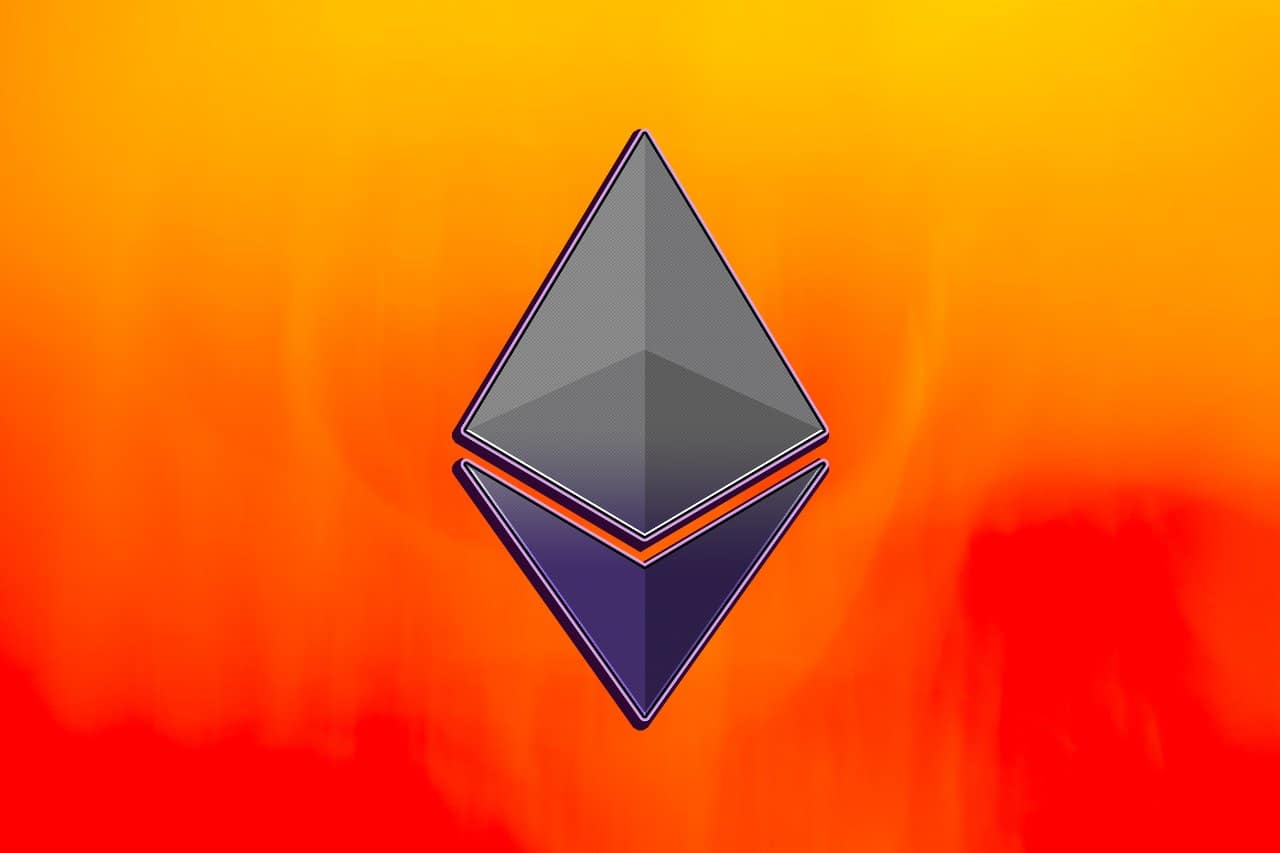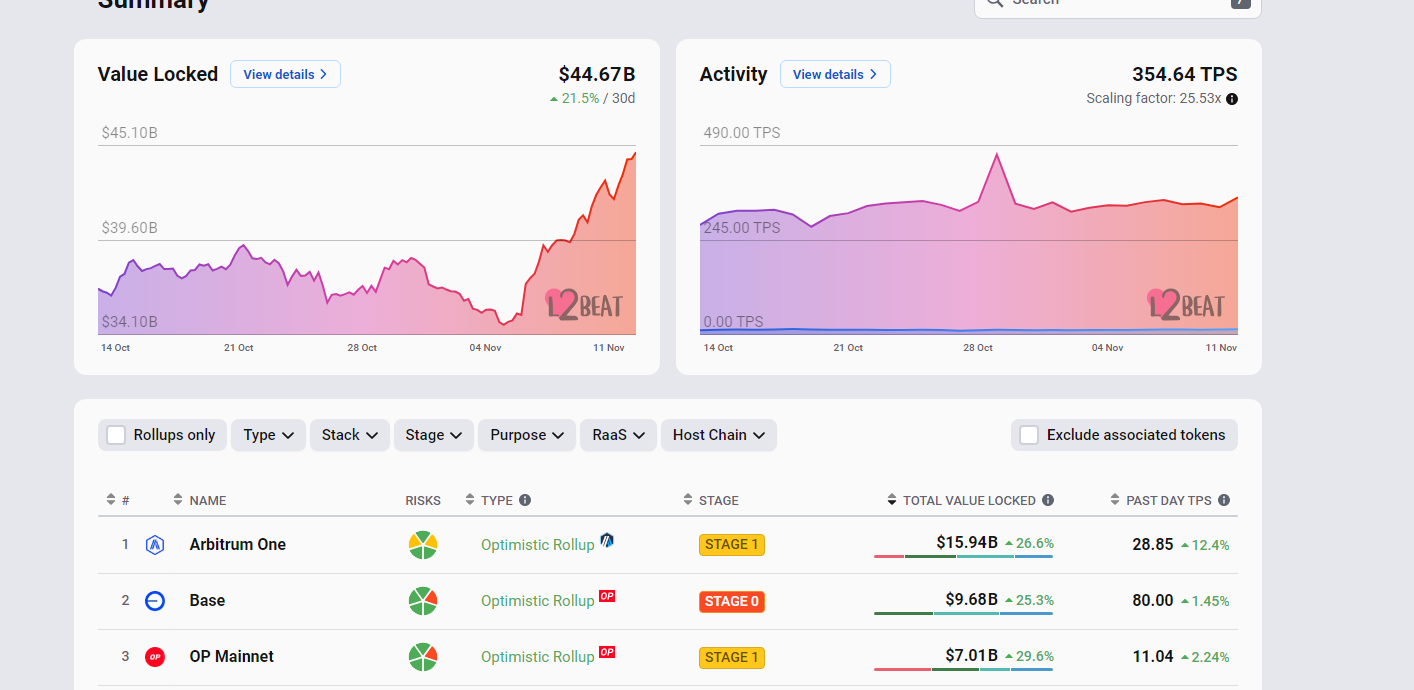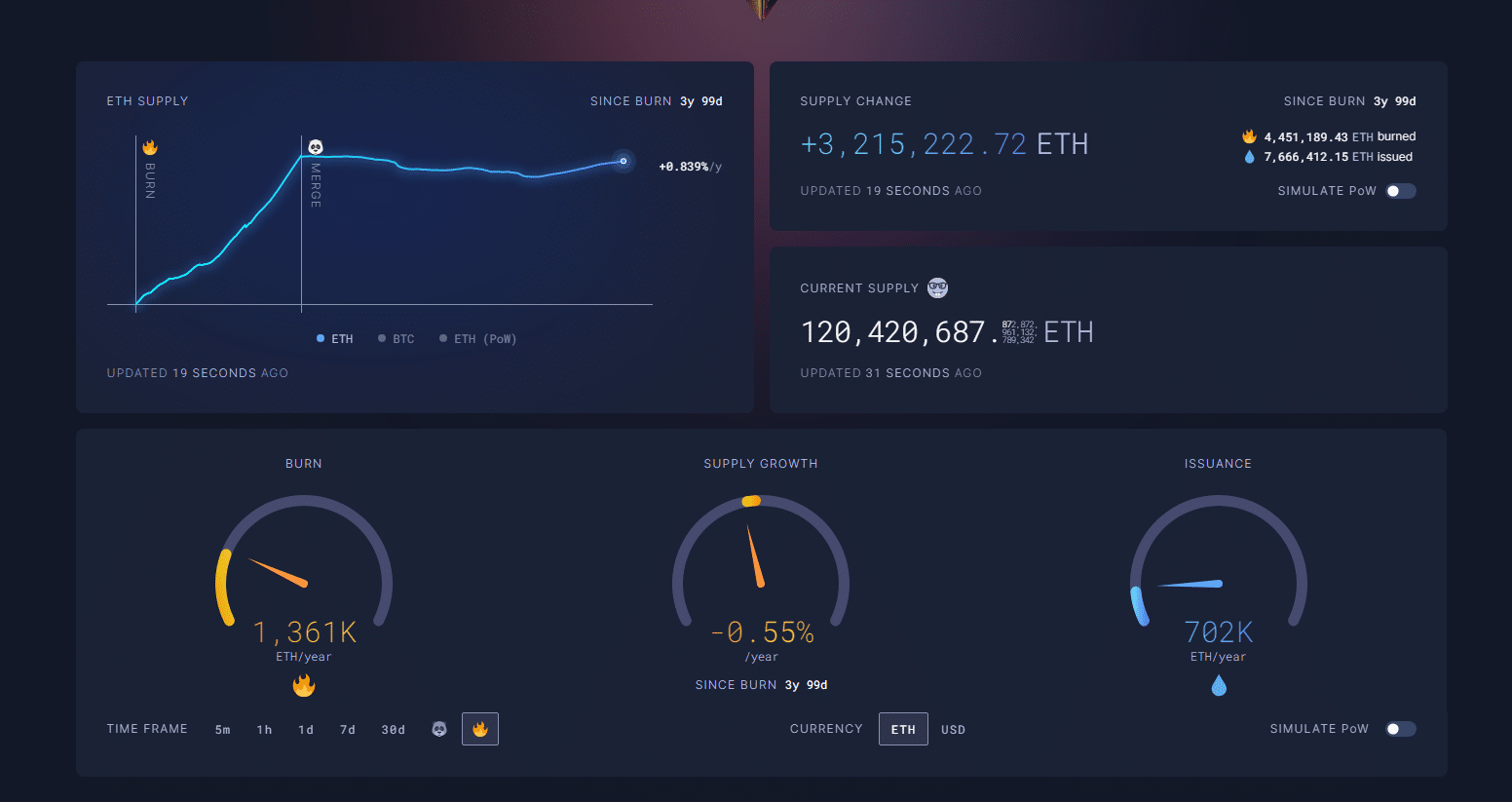No, Ethereum Layer-2s Are Not Parasitic: They’re Massive for ETH Demand
Ethereum price (ETH USD) is pushing up amid scaling, mainly through layer-2s, yet one analyst […] The post No, Ethereum Layer-2s Are Not Parasitic: They’re Massive for ETH Demand appeared first on .

Ethereum price (ETH USD) is pushing up amid scaling, mainly through layer-2s, yet one analyst predicts the future of blobs will pump ETH price.
Ethereum has a scaling problem, true.
Unlike Solana and other “modern” chains, the legacy chain can only process roughly 15 transactions every second.
At this throughput level, it is impossible to run another “Facebook” or “Twitter” on the base layer without the network breaking.
Ethereum Building, Layer-2s Booming
To resolve this big problem, developers, led by Vitalik Buterin, proposed several measures to keep fees low while ensuring the blockchain expands, hosting more dapps.
Polygon became a popular sidechain, and POL (previously MATIC) benefited, soaring at least 50X in the last bull run in 2021.
Afterward, it was time for layer-2 solutions like Arbitrum, Optimism, and, lately, Base to take over. Cumulatively, all layer-2 platforms, some of which use Polygon zk-Rollup tech, command over $39 billion in assets.

(Source)
As many layer-2s sprout, promising to scale Ethereum, questions are being asked about how sustainable the base layer will be and whether these new solutions are parasitic.
The argument is that whenever transactions are rerouted from the main net, batched, and then confirmed, validators are, simply put, ripped off.
Critics maintain that validators who work hard should be compensated fairly.
Presently, layer-2s are ridding unfairly, reaping higher revenues while paying pennies to validators, especially after the release of blobs.
After Dencun, blobs made transacting on Ethereum layer-2s nearly 90% cheaper. Accordingly, it spurred growth in Base and other alternatives, but revenue failed to trickle down to validators, leading to fewer ETH being burned.
Looking at UltraSoundMoney data, ETH turned from deflationary to inflationary. Coincidently, since Dencun, ETH prices have been tanking, dropping from $4,100 in May to as low as $2,100 in early August.
 (Source)
(Source)
DISCOVER: These Altcoins Are Expected to Explode From Trump Crypto Bull Run
Blobs Are Massive For ETH Demand
One analyst now argues that although Ethereum layer-2s have their issues, blobs will greatly benefit ETH bulls in the long haul.
In a post on X, he predicts blobs will fuel demand for the second most valuable coin, making ETH deflationary while concurrently improving network scalability.
To understand why, you have to look at how blobs work.

(Source)
Blobs are a new feature that was introduced after Dencun. They act as temporary data packets, making layer-2 transactions efficient and affordable.
In the future, these temporary storage packages will handle 16 MB of data. Accordingly, it will be possible for nodes to process more transactions. Interestingly, this will be regardless of how active the main net is.
Once Sharding is live, the main net will be scalable. At the same time, the validator network will be more distributed, resulting in even more capacity for blobs.
The analyst explains that the demand for ETH will not come from blob fees, which are projected to drop even more. Instead, it will come from apps launching on layer-2s.
DON’T MISS: This Is The Quickest And Easiest Way to Buy Ethereum in 2024
Sharding Will Be Crucial For Future of Ethereum
More importantly, once Sharding is live, layer-2s won’t be seen as competitive but complementary since both are equally scalable, with rollups dependent on the main net for security and settlement.
For now, developers are building. Until Sharding goes live as part of Ethereum 2.0, layer-2s continue to play a critical role in main net scaling. This upgrade will help the network withstand stiff competition from Solana and others.
The boom in layer-2s is driving innovation and funneling more demand for ETH. Platforms like Pepe Unchained, a meme coin layer-2 platform for Ethereum, are already trending and have raised over $26 million.
Investors expect prices to soar on launch as developers prepare to launch meme coins on the Pepe Chain. In this way, they will simply take over from Pump.fun on Solana and SunPump from Tron.
EXPLORE: Dogecoin Pre-Election Pump: Will Department of Government Efficiency Be Created By Trump?
Join The 99Bitcoins News Discord Here For The Latest Market Updates
The post No, Ethereum Layer-2s Are Not Parasitic: They’re Massive for ETH Demand appeared first on .
What's Your Reaction?









![The HubSpot Blog's Marketing Leadership Report: How 720+ Brand Leaders Will Get Ahead in 2025 [+ How to Join Them]](https://www.hubspot.com/hubfs/Copy%20of%20The%20Future%20of%20Work%20is%20Flexible%20%5BImage%2c%20IG%5D%20%28598%20%C3%97%20398%20px%29%20%28595%20%C3%97%20400%20px%29%20%28517%20%C3%97%20517%20px%29.png)





























.png)












































